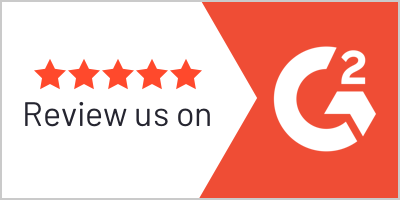Seamless Connectivity for Millions of Devices
Liberty Global is the world’s largest international TV and broadband company, with operations in 10 European countries under the consumer brands Virgin Media, Unitymedia, Telenet and UPC. They provide TV, broadband internet and telephone services to over 21 million customers, serve over 6.3 million mobile customers and offer WiFi services through 12 million access points across their network.
We also needed an architecture that would scale to millions of concurrent connections, ensure a fluid experience across all devices regardless of the service platform ecosystem in the middle, and remain highly maintainable as we would continue to grow platform features and deployments.
Over the last number of years, the viewing habits of Liberty Global customers’ has been changing. Viewing content on tablets or mobile phones has become just as popular as a set-top box and TVs. The concept of a main screen and second screen has transitioned into viewing content on any screen. Customers also want to watch content regardless of their location or the device they are using.
In 2016, Liberty Global began development of a new digital entertainment platform. The key objective of the new platform was to have one platform that would provide seamless integration of different types of devices, scale to 4K TV, and be an extensible platform for future integrations and features.
“One of our key challenges on this platform was to ensure that we could keep all the customers screens synchronised across a number of different features. For example enabling users to transparently change their settings, make and watch their recordings regardless of their screen, location and internet connection; Wifi/Mobile or 3rd Party Provider.” explains Klaas Jan Koopman, Director Video Back Office at Liberty Global. “We also needed an architecture that would scale to millions of concurrent connections, ensure a fluid experience across all devices regardless of the service platform ecosystem in the middle, and remain highly maintainable as we would continue to grow platform features and deployments.”
Selecting a Platform for Reliability and Scalability
To address these challenges, Liberty Global began to evaluate different message-brokering solutions. They were looking for a lightweight communication protocol that would support clients on Android, iOS, Java and JavaScript. The protocol needed to allow for a guaranteed delivery so it would continue to function in case of an unreliable network connection. Security was also a critical consideration. Finally, the overall system needed to be scalable and resilient to support millions devices. They required a solution the could run in an elastic cluster that could scale up and down, allowing clients to connect to any node and in the future run on a container framework.
An initial Proof of Concept (PoC) was created with other technologies but the evaluation team quickly established MQTT was the most future-proof and scalable. MQTT is an IoT standard that had many clients and a number of MQTT brokers available. Liberty Global began an extensive evaluation of three MQTT solutions, including HiveMQ. They specifically focused the evaluation on three key areas:
load testing,
security testing
high-availability testing
The results of the evaluation demonstrated that HiveMQ was clearly meeting their requirements and provided the best MQTT messaging solution for their platform.
Exceeding Customer Expectations with an Integrated Platform
In October 2018, Liberty Global commercially launched their new Horizon 4 platform, which makes use of HiveMQ’s MQTT broker. HiveMQ is used for operation such as swipe to tv from mobile device, cloud recording, end user remote control of services, and other personalized services requiring to be synchronized in real-time across multiple types of devices.
End customer feedback has been very positive. Users find the platform very intuitive and seamless across the set-top box, Android, iOS and Windows devices.


